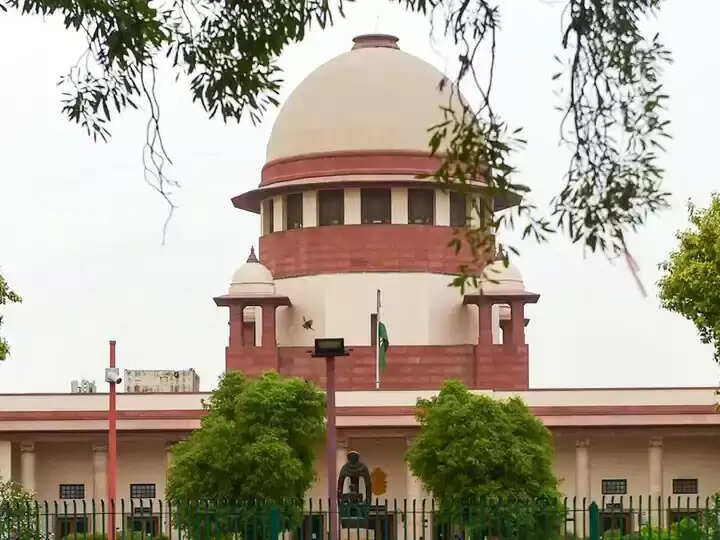Irrespective of the marital status, all women are entitled to safe and legal abortion, rules Supreme Court

No of their marital status, all women have the right to a safe and legal abortion, the Supreme Court ruled on Thursday.
The supreme court ruled that a woman's marital status cannot be used as a justification to deny her the right to terminate an unintended pregnancy, according to news agency ANI. According to the Medical Termination of Pregnancy Act and its regulations, single and unmarried women have the right to an abortion up until 24 weeks of pregnancy.
The SC bench stated that in order for the Medical Termination of Pregnancy Act to be effective, the definition of rape must be held to include marital rape.
It went on to say that because it upholds the myth that only married women engage in sexual activity, the divide between married and unmarried women is "artificial and constitutionally untenable."
The Supreme Court overturned a Delhi High Court decision and permitted an unmarried woman to end a 24-week pregnancy.
This decision follows the Supreme Court's approval of an abortion of a 24-week-old fetus by an unmarried pregnant woman in July. The All India Institute of Medical Sciences (AIIMS) was asked for a report on safe abortion of the pregnancy before the Supreme Court made its decision, and it was instructed to put together a team of two specialists to determine whether abortion is possible without injuring the girl.
In a ruling on July 16, the Delhi High Court refused to provide permission to end a pregnancy that was 23 weeks along at the time on the grounds that doing so would violate the legislation prohibiting abortion. A voluntary relationship-related pregnancy could only be aborted for up to 20 weeks under the Medical Termination of Pregnancy Act (MTP Act).
However, the MTP Act permits unmarried women to get a medically assisted pregnancy termination up to 24 weeks.
The woman had petitioned the Supreme Court for relief on Tuesday since the pregnancy had resulted from a consenting connection.
The 25-year-old petitioner requested the court to end the pregnancy on the grounds that her boyfriend, with whom she was in a relationship, had declined to wed her. She further emphasized that having the child might cause her psychological suffering and societal humiliation, according to the news agency PTI.
When considering the appeal, the high court ruled that in order to exercise its constitutional authority under Article 226 of the Constitution, the court could not deviate from the law.
The high court stated in its ruling dated July 15 that "the petitioner, who is an unmarried lady and whose pregnancy arises out of a consensual relationship, is plainly not covered by any of the articles under the Medical Termination of Pregnancy Rules, 2003."
